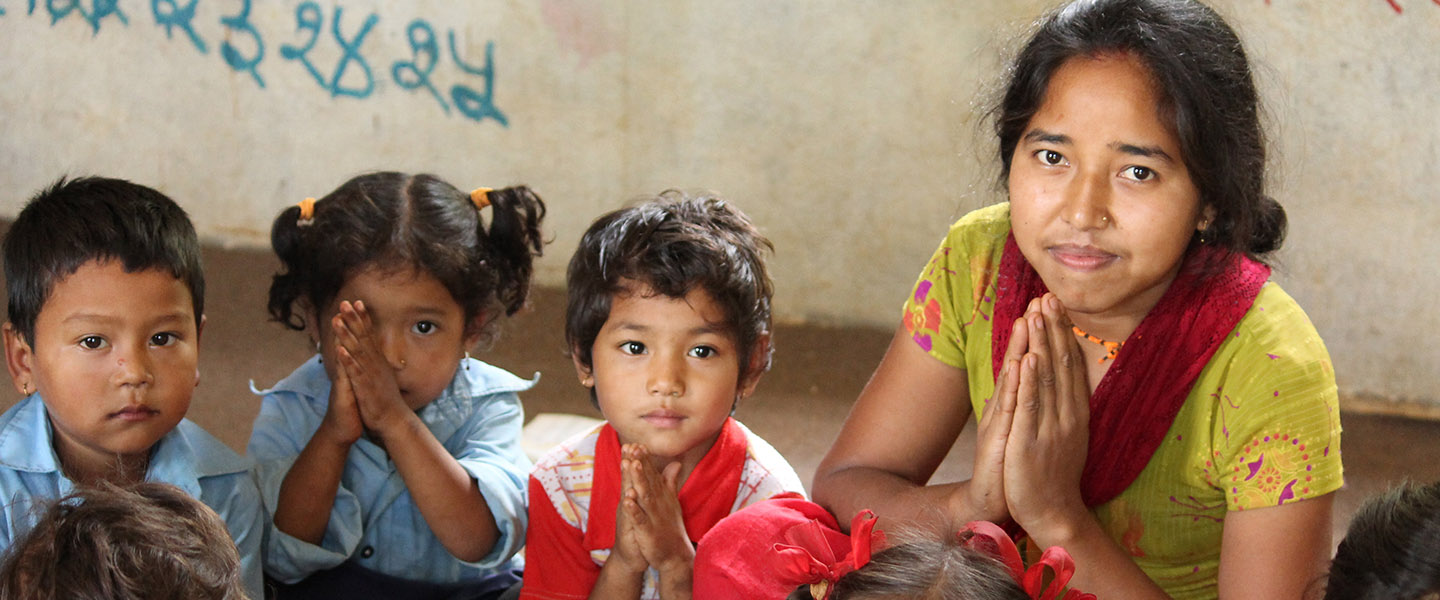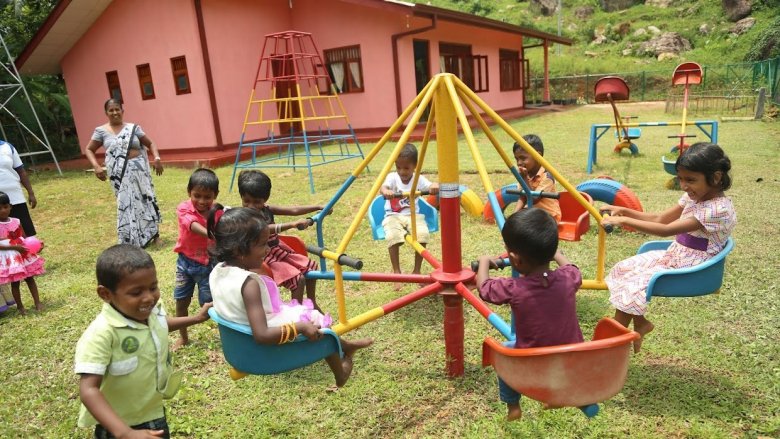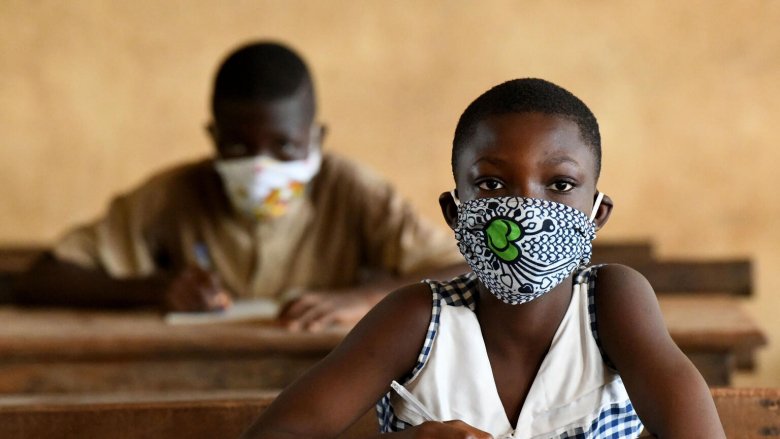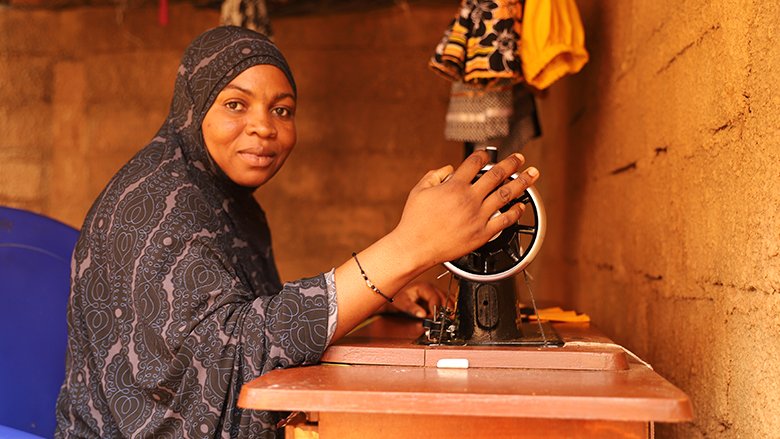The World Bank works with many partners to improve children’s development around the world.
Through the Early Learning Partnership (ELP), the World Bank is working with a range of bilateral partners and foundation partners to scale-up access to quality early childhood interventions and improve outcomes for young children. Since 2012, ELP has committed over $32.6 million to close to 200 grants in 81 countries. These grants have generated more than $3.7 billion in new and improved finance to support ECD through development finance and have reached at least 28.4 million children and 25.7 million parents.
The World Bank launched the Early Years Fellowship in 2017, a two-year fellowship for promising young professionals who bring passion and expertise to ensure that kids get a good start in life. The Fellows work closely with WORLD BANK teams to support their country’s government to promote ECD. Since 2017, two cohorts of 45 Fellows have graduated with a third under way. The fellows – doctors, nurses, teachers, economists, public health experts, civil servants, entrepreneurs, and others – are part of a larger capacity-building effort to reduce countries’ reliance on technical assistance from abroad.
In 2021, the World Bank launched the Engaging Policymakers in Early Childhood Program, a multi-year effort to engage with a group of countries to strengthen policymaker capacity, promote South-South learning and generate positive peer pressure to yield more and better ECE investments at the country level. The program’s first cohort graduated in November 2022 with over 100 policymakers and World Bank staff from 15 countries across five regions. While country delegations included high-level ministry officials, the primary audience of the program are the technical staff or managers responsible for ECE who are engaged in the day-to-day issues of early learning, including directors of Pre-primary Education, heads of teacher training institutes, directors of curriculum, and technical officers responsible for ECE.
Through the Strategic Impact Evaluation Fund (SIEF), an initiative funded by the UK’s FCDO and CIFF, the World Bank also supports robust early childhood education impact evaluations in dozens of countries across the world. This work has significantly contributed to the expansion of knowledge on the impact of early childhood development interventions in several countries such as Indonesia, Mozambique, Jamaica, and Cambodia. The results of these evaluations have stimulated policy dialogue and informed the design of new projects.
The World Bank engages regularly with the broader development community, including the Global Partnership for Education (GPE), which works to address the needs of the poorest and most disadvantaged children, particularly girls, ethno-linguistic minorities, children with disabilities, and children in fragile and conflict-affected states; Scaling Up Nutrition (SUN), a global movement of 59 countries, dozens of global partners, and more than 3,000 civil society organizations that works on nutrition for young children; as well as the Global Financing Facility (GFF) for the Every Woman Every Child Initiative, a multi-stakeholder partnership that supports country-led efforts to improve the health of women, children, and adolescents. The World Bank is a member of The Early Childhood Development Action Network (ECDAN), a global network committed to the proposition that all young children, regardless of their circumstances, should achieve their developmental potential.
The World Bank also engages with UNESCO, WHO, the Inter-American Development Bank, the Institute of Medicine, bilateral donor agencies, foundations, and international non-governmental organizations, to further the early childhood development agenda.
Last Updated: Apr 05, 2024








